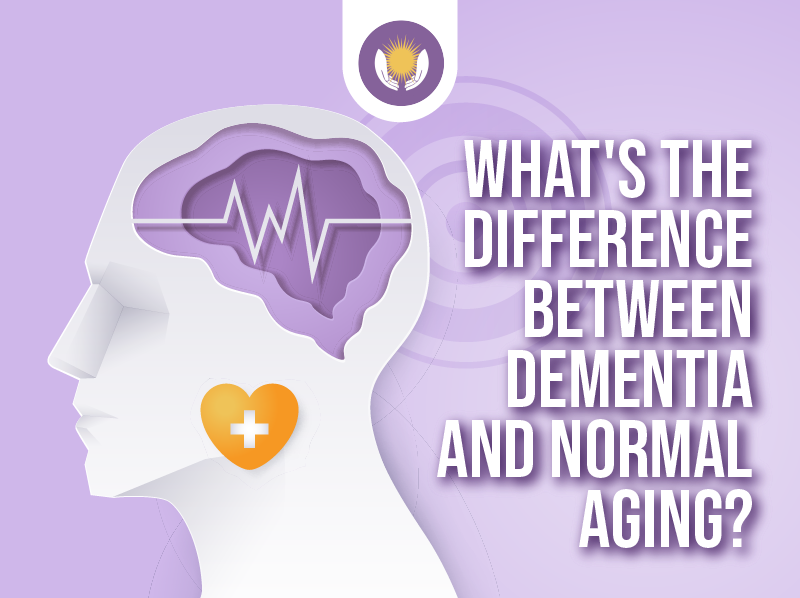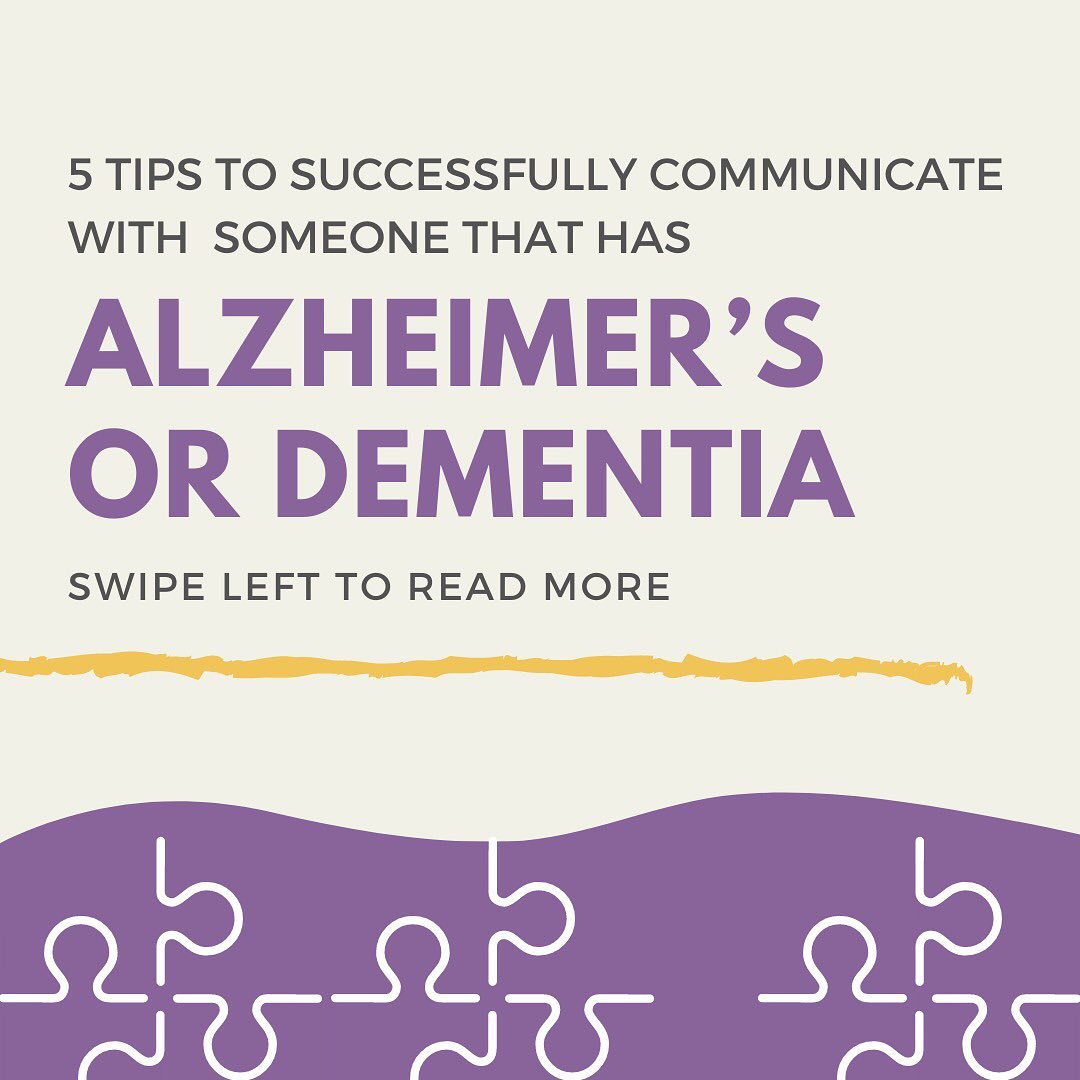What’s the Difference Between Dementia and Normal Aging?

With age often comes an increase in the number and frequency of memory slips, forgetting where you put your keys, blanking on the name of an acquaintance, etc. These experiences may bring fear that one has Alzheimer’s or another form of dementia.
But not every cognitive impairment will be diagnosed as dementia, there is a middle ground between normal aging and dementia, a disorder known as Mild Cognitive Impairment (MCI). Increasing age is probably the most well-known and widely accepted risk factor for MCI.

Studies have indicated that approximately 15% to 20% of people age 65 or older have MCI.
Here are 5 things you need to know about MCI:
- Symptoms of MCI: Frequently misplacing important objects and being unable to follow the flow of normal conversation are all red flags that could indicate MCI. But the primary feature that distinguishes MCI from full-blown dementia is how much the person’s cognitive issues are affecting their day-to-day lives.
- Getting an early diagnosis can help: Going to the doctor at the first sign of cognitive issues that affect everyday life is important because getting a formal diagnosis can help a person with MCI to gain access to important resources.
- There is more than one type: There are two distinct subtypes of MCI- amnestic and non-amnestic. About 2/3 of individuals with MCI have the amnestic variant, the main symptom of which is memory loss. Non-amnestic MCI involves other cognitive concerns such as impaired judgment and having problems with organization and planning.
- MCI may increase Alzheimer’s risk: While not everyone with MCI will develop dementia, it may increase an individual’s risk of developing a form of dementia by as much as 3 to 5 times.
- Some types of MCI can be reversed: Not all cases of MCI signal the onset of a degenerative neurological condition. Cardiovascular disease, infections, even certain medications can also cause MCI. In these instances, cognitive symptoms may be reversible with better medication management or certain lifestyle changes.
While family members and friends who notice these problems might not always express concern because the early symptoms can mimic normal, age-related changes. An early diagnose is important to lower the risk of the individual developing forms of dementia.
Once diagnosed, it may be necessary to change the daily routine due to MCI. Although a time may come when a senior must rely more on others for assistance with some tasks, they will want to stay involved in making decisions that affect their lives. The goal is to find a balance in your life: ensuring their safety while maintaining a reasonable degree of independence.
3 Things that may require adjustments for a person with MCI:
- Driving: ongoing evaluation of an individual driving ability and consultation with a physician are essential. AARP offers driving classes and evaluations of driving ability to seniors.
- Home responsibilities: Household management may become difficult. Tasks such as cooking and taking medications may pose safety risks. However, it’s possible to continue to participate in household activities with a little help from another person or with the aid of technology (electronic medication reminders, etc.). This might be a good time to start discussing options about long-term care assistance, once the person no longer is able to manage these tasks in the future.
- Financial responsibilities: Complex tasks like balancing a checkbook, dealing with insurance, and paying bills may become frustrating and overwhelming. Seniors should consider enlisting a trusted family member or friend to help. Working with an attorney to draw up a Power of Attorney for Finances. This will allow a trusted person to act on your behalf if they are not able to do so.
A new diagnosis of MCI for yourself or a loved one can be difficult to accept. As you learn more about this condition, we encourage you to keep an open mind and remember that you are not alone. Speaking with other people who have had similar experiences can be immensely helpful. Organizations that help and support are located in communities all across the nation.


Comments